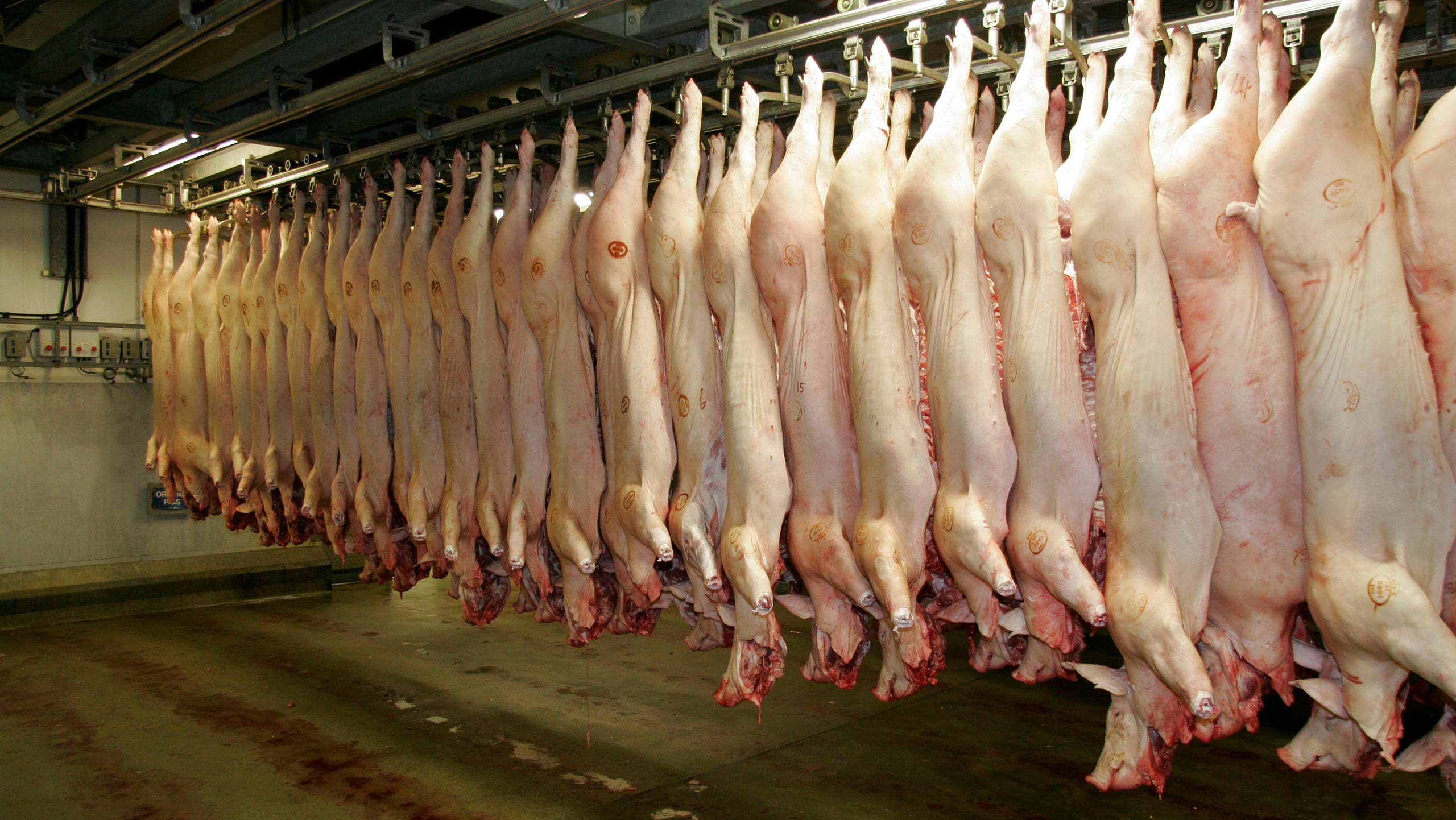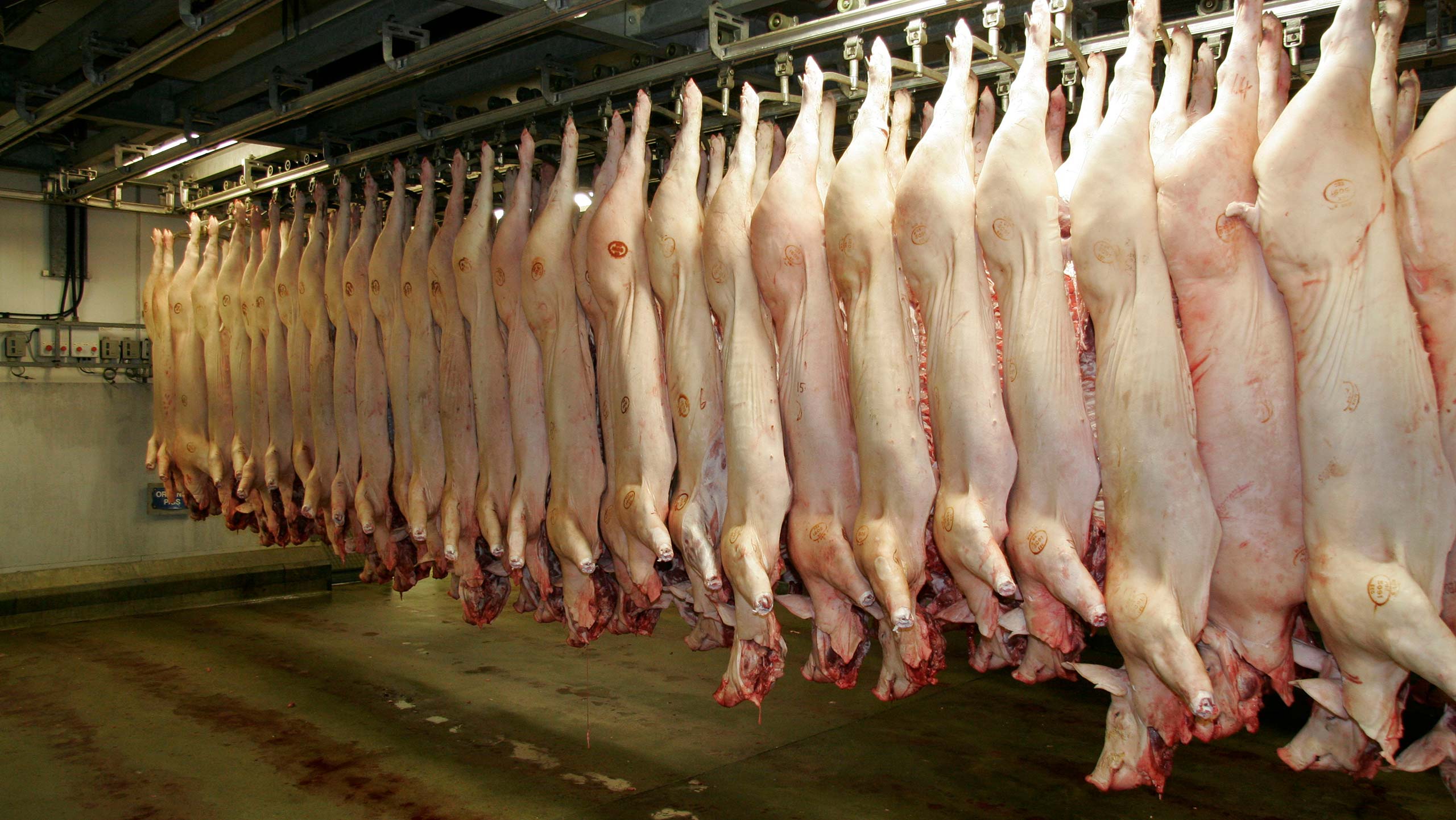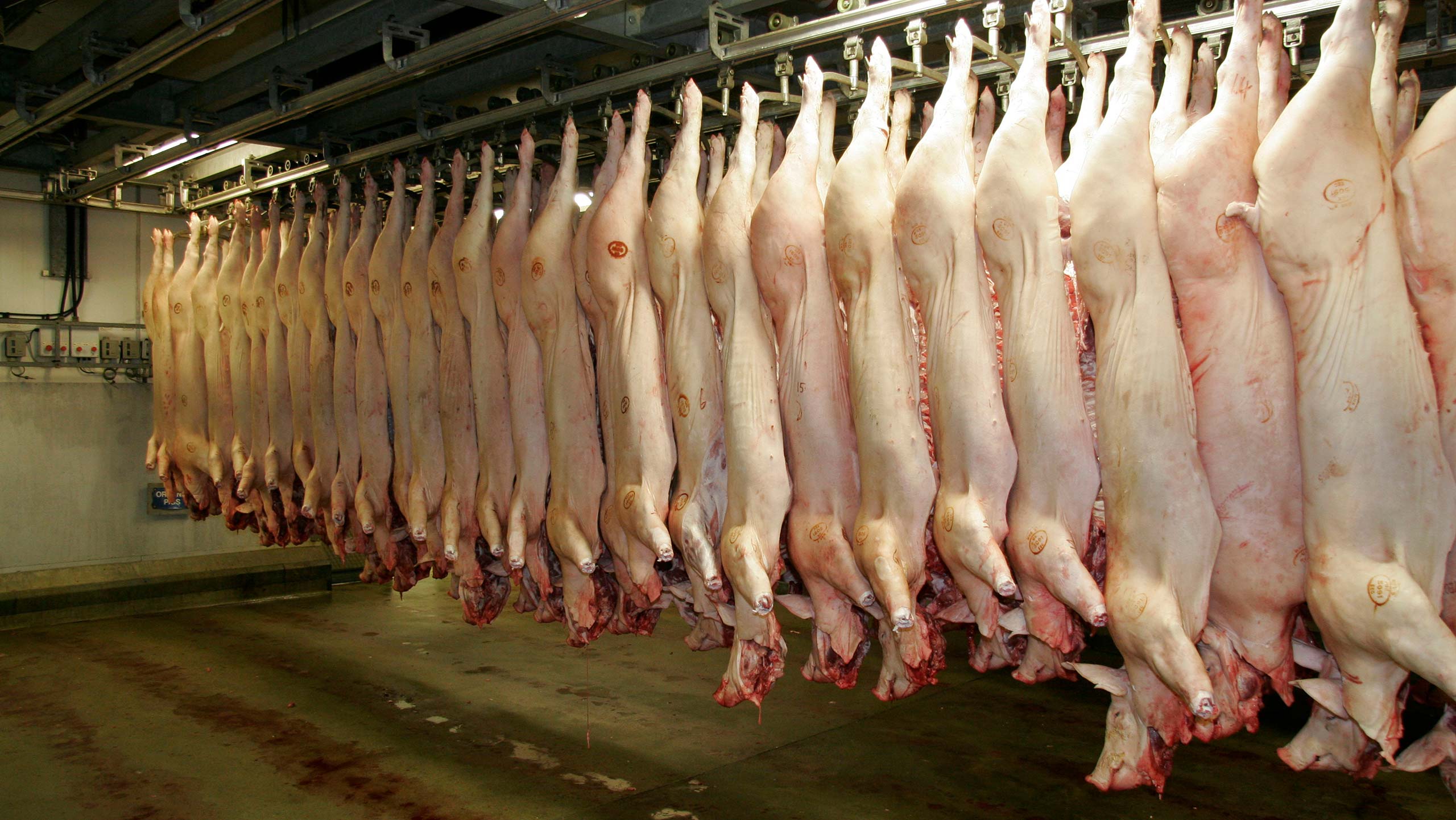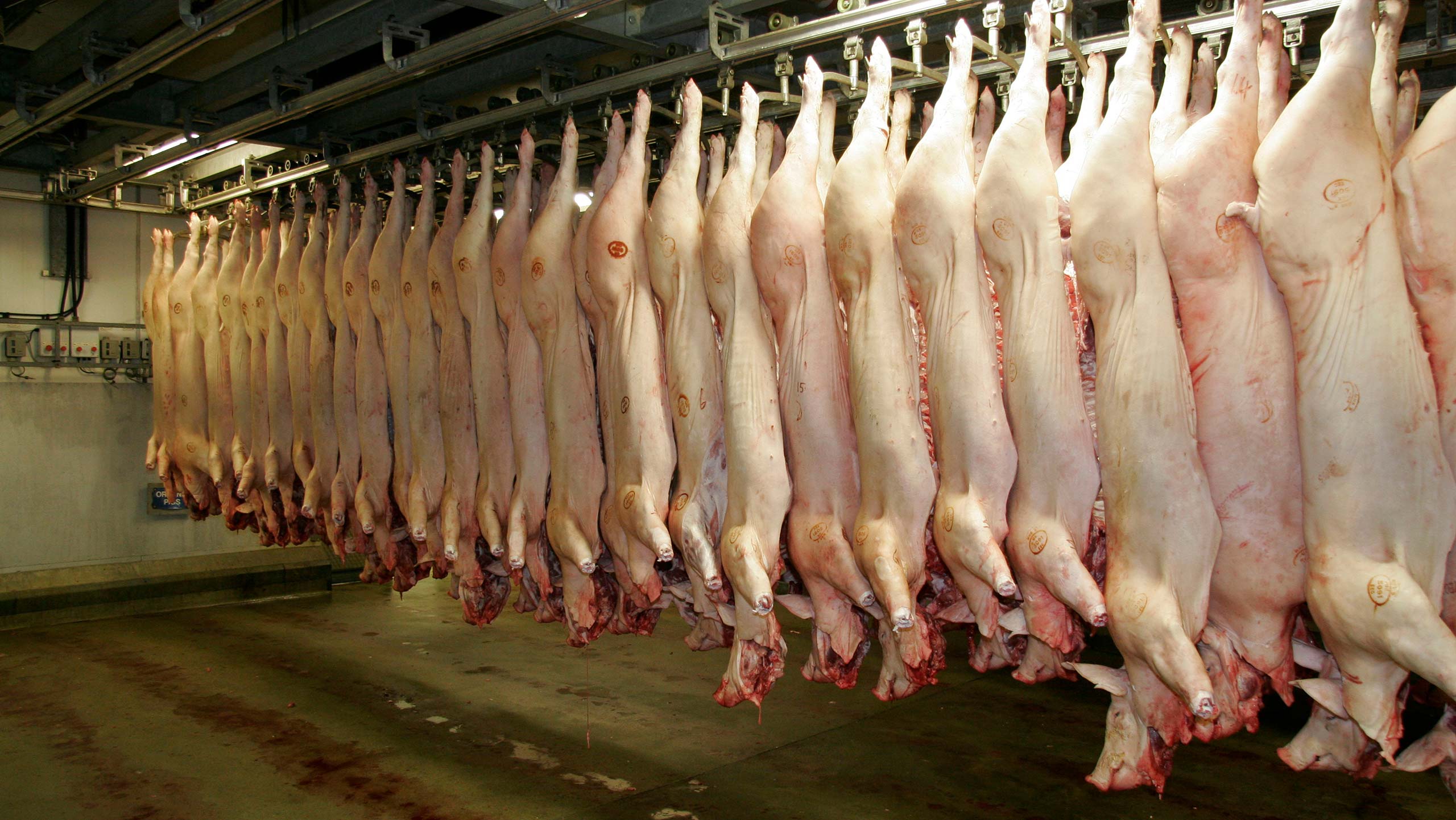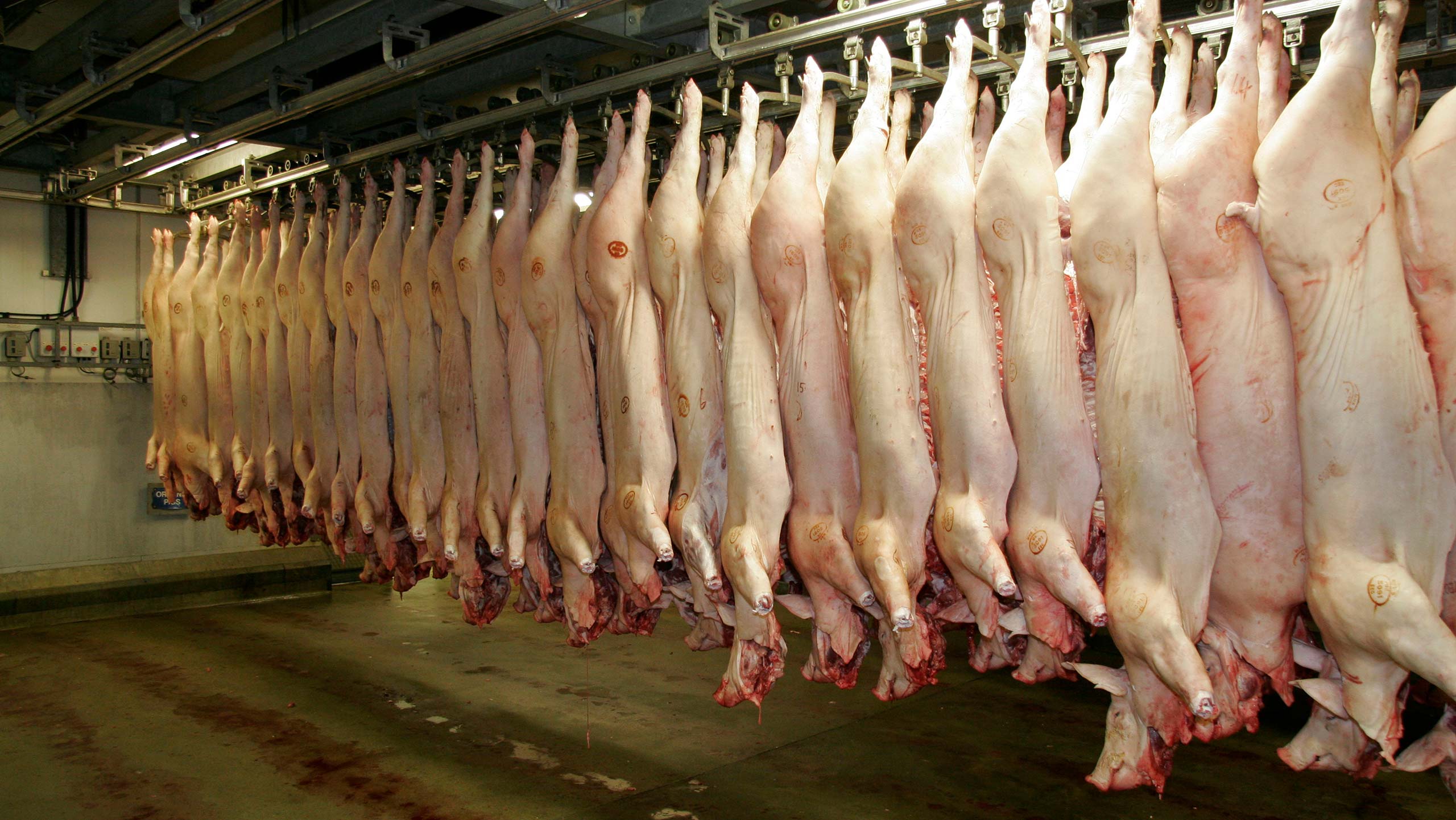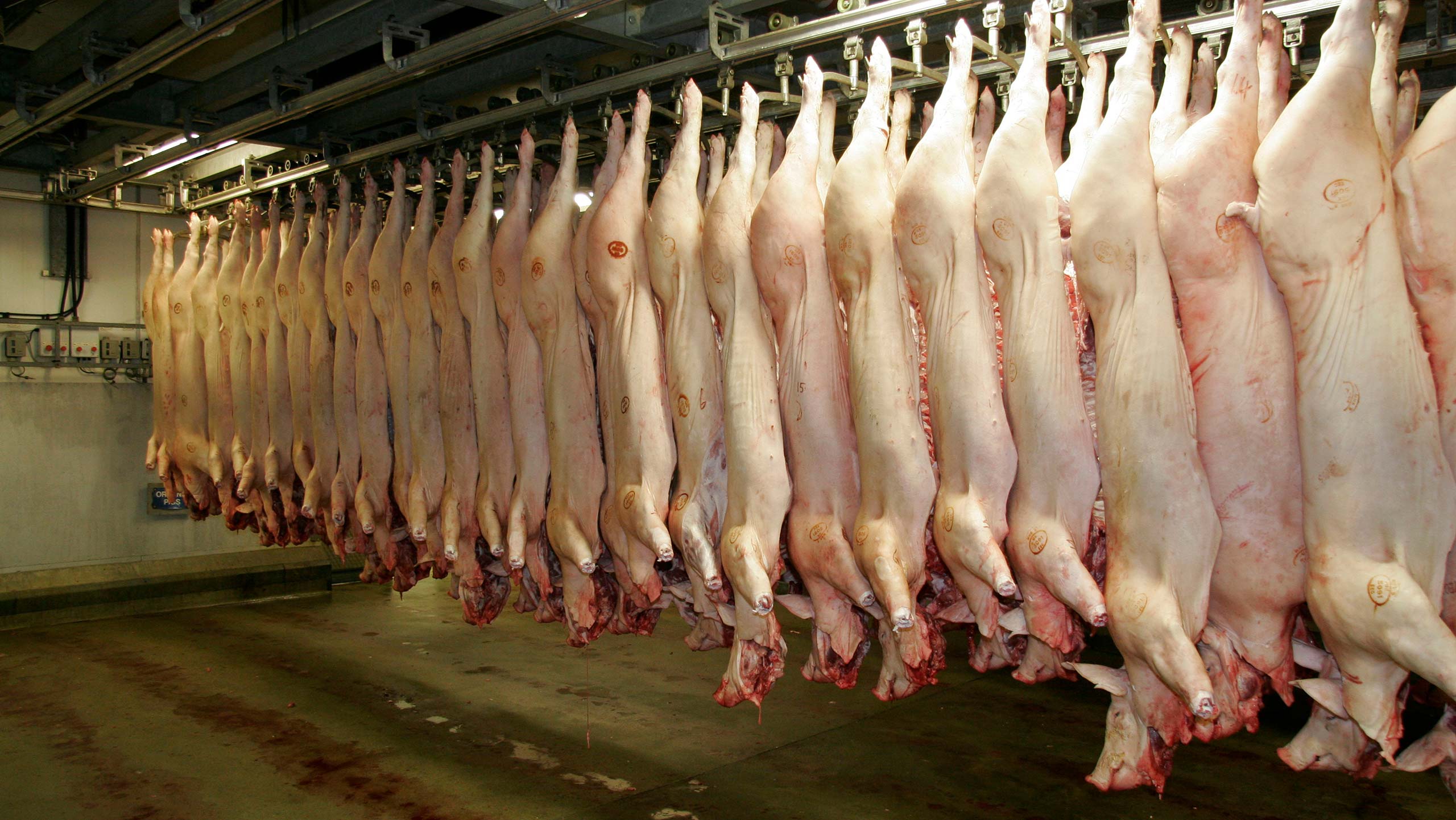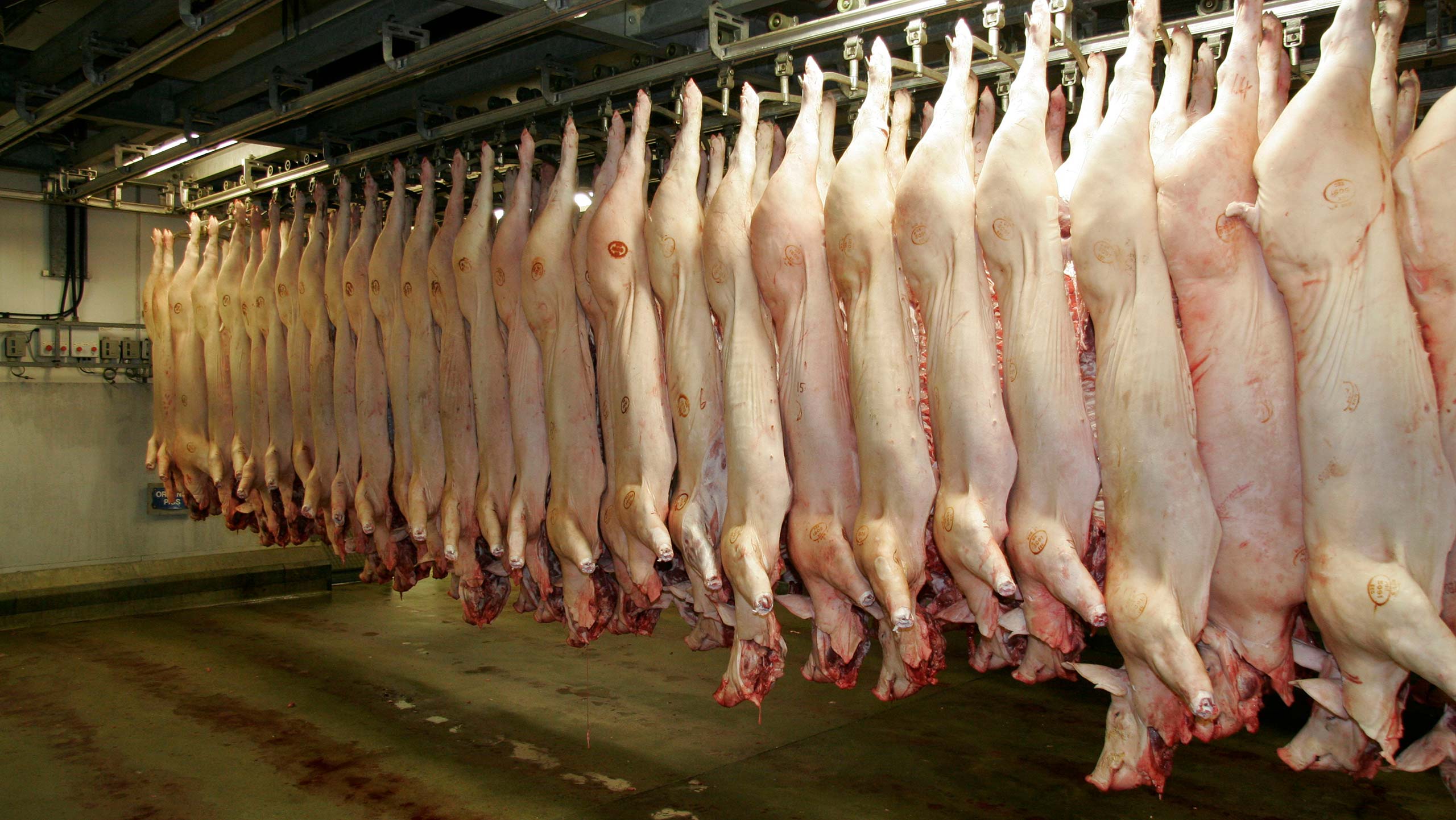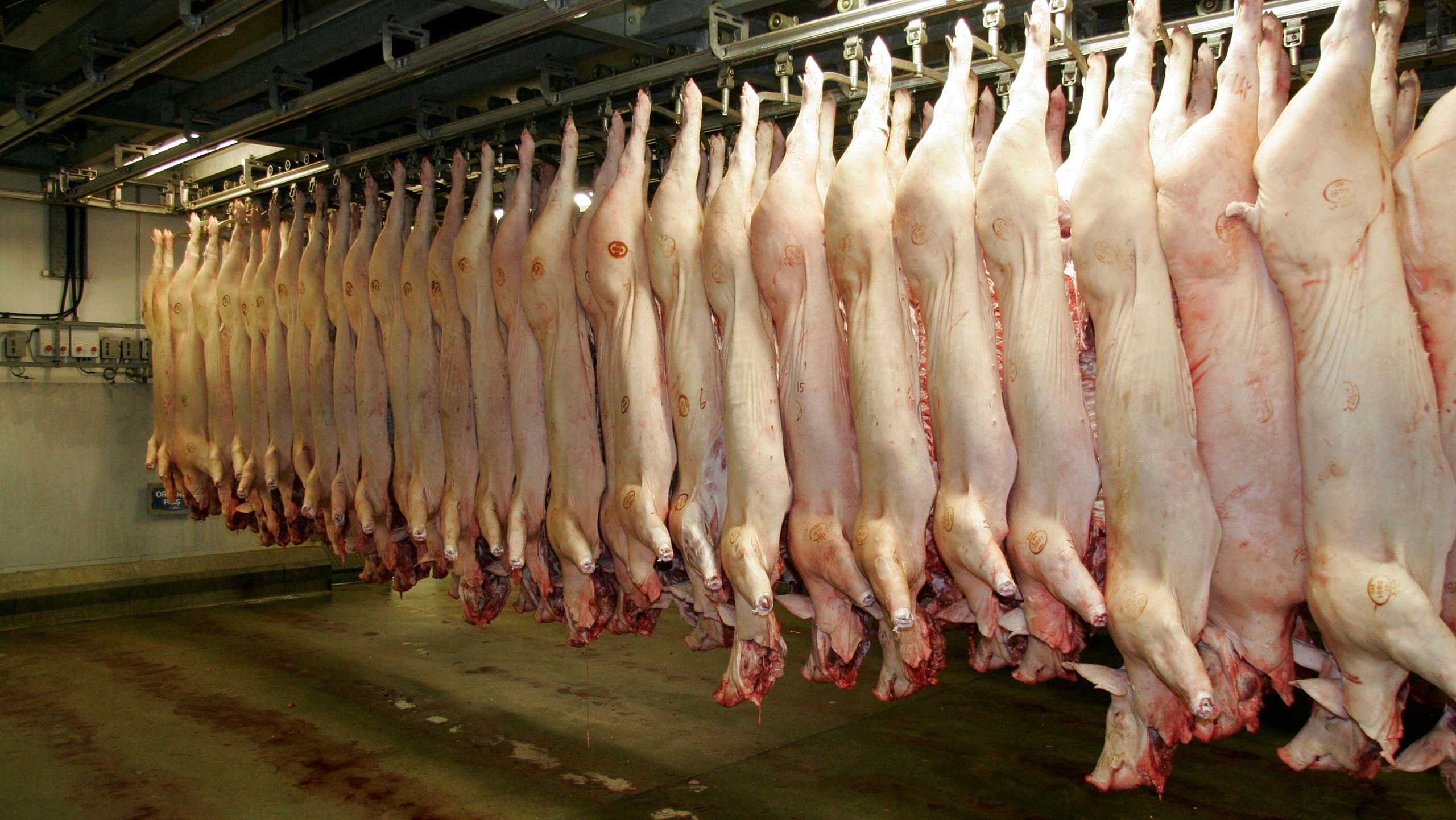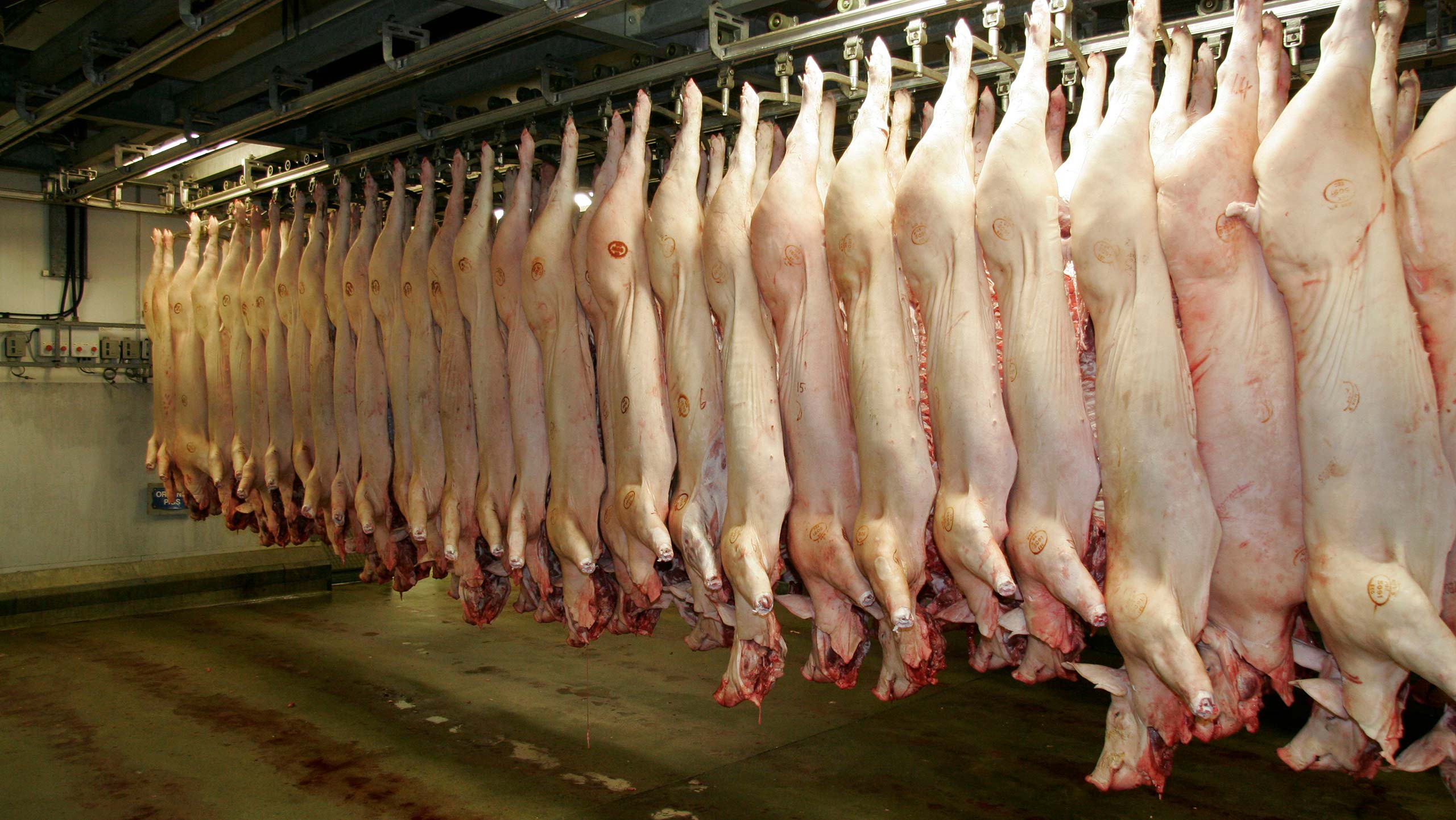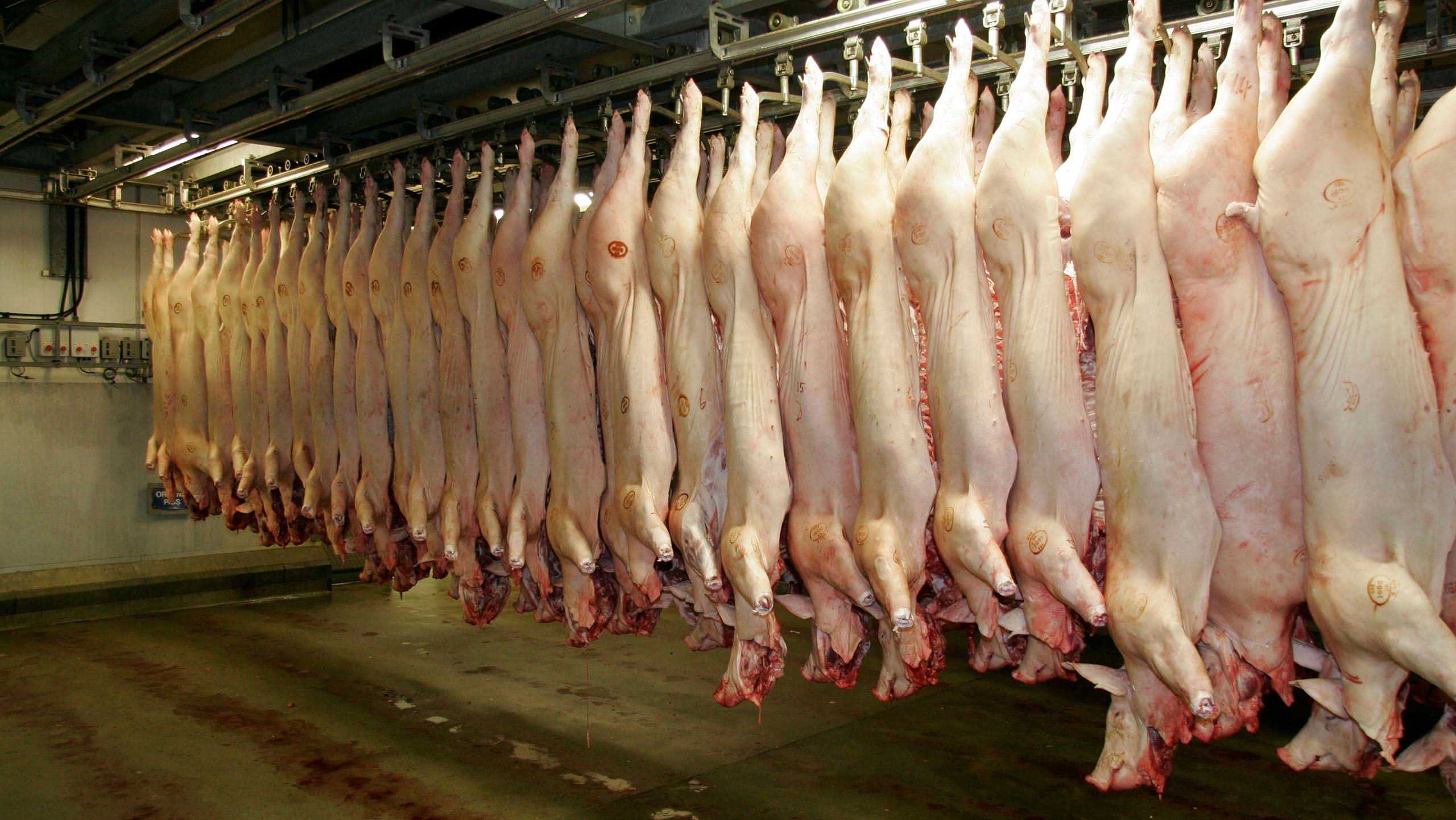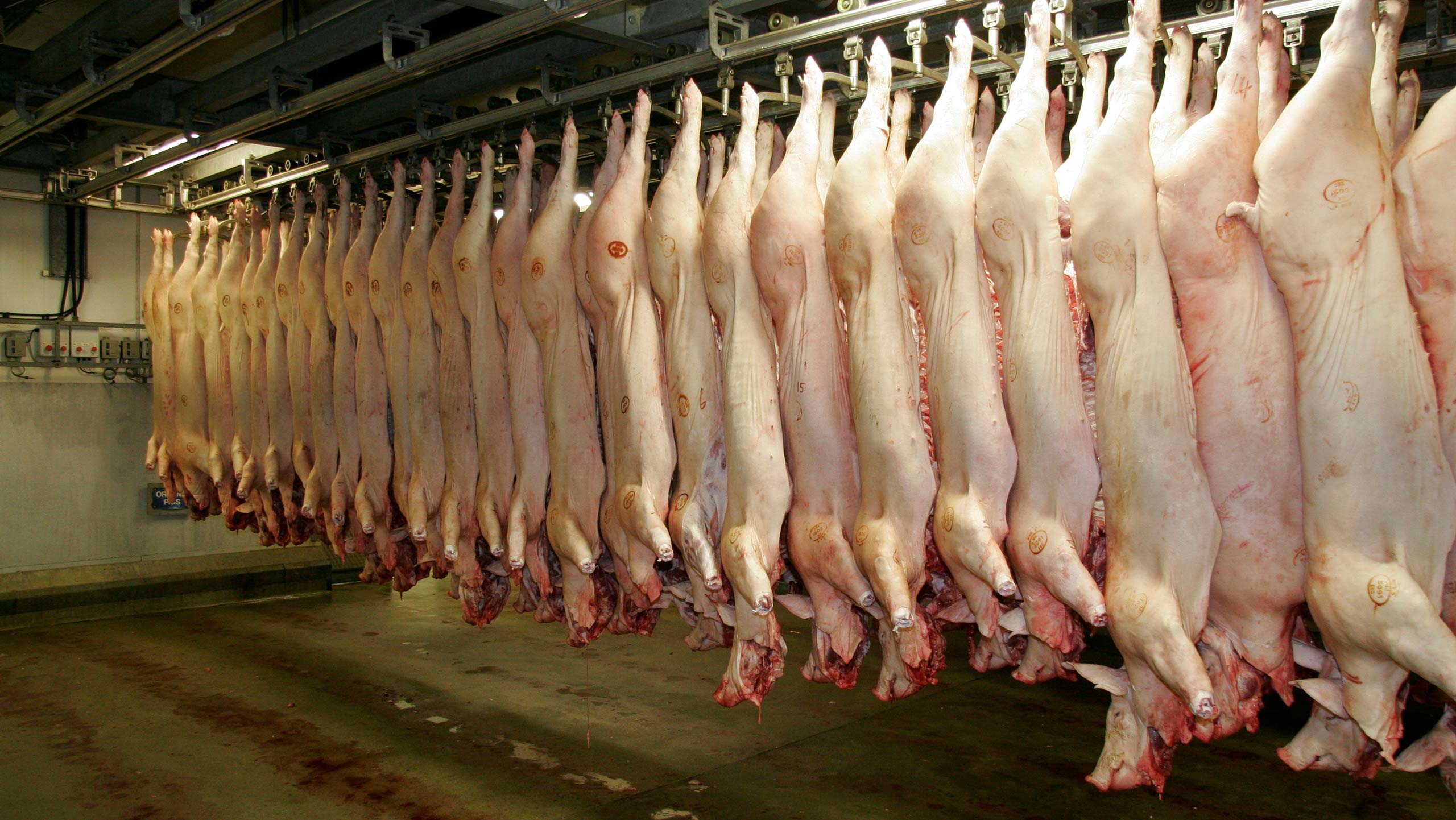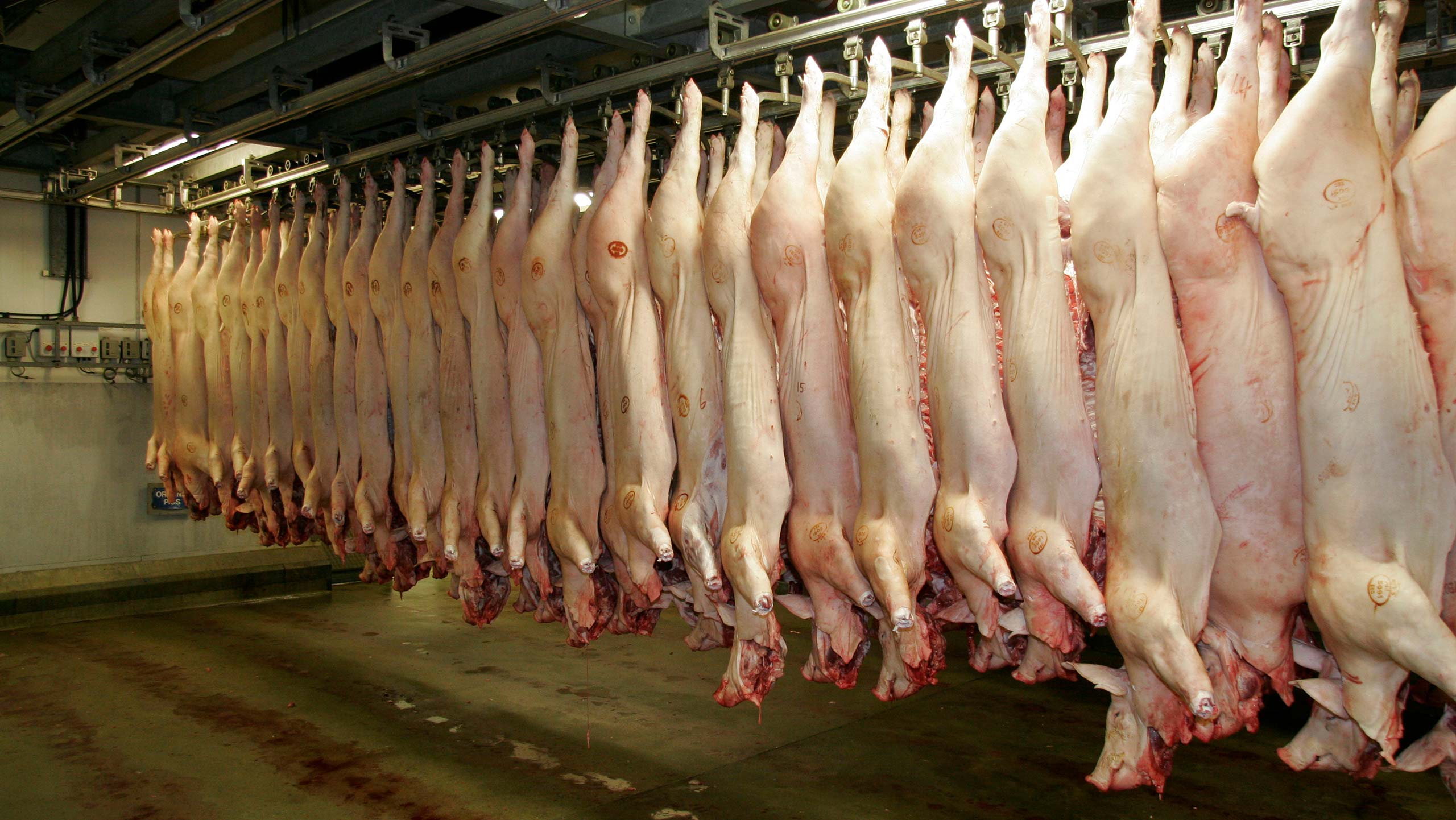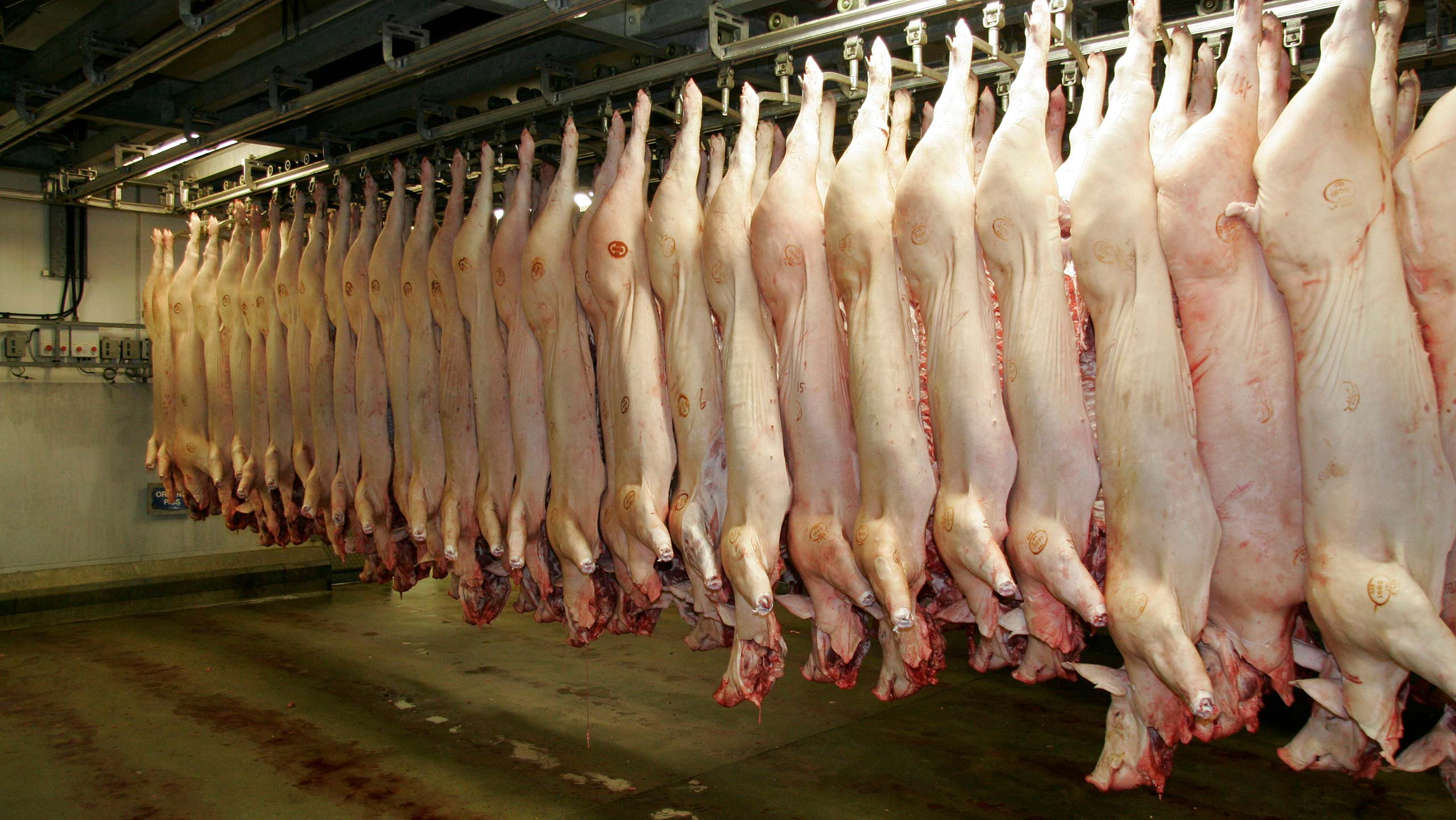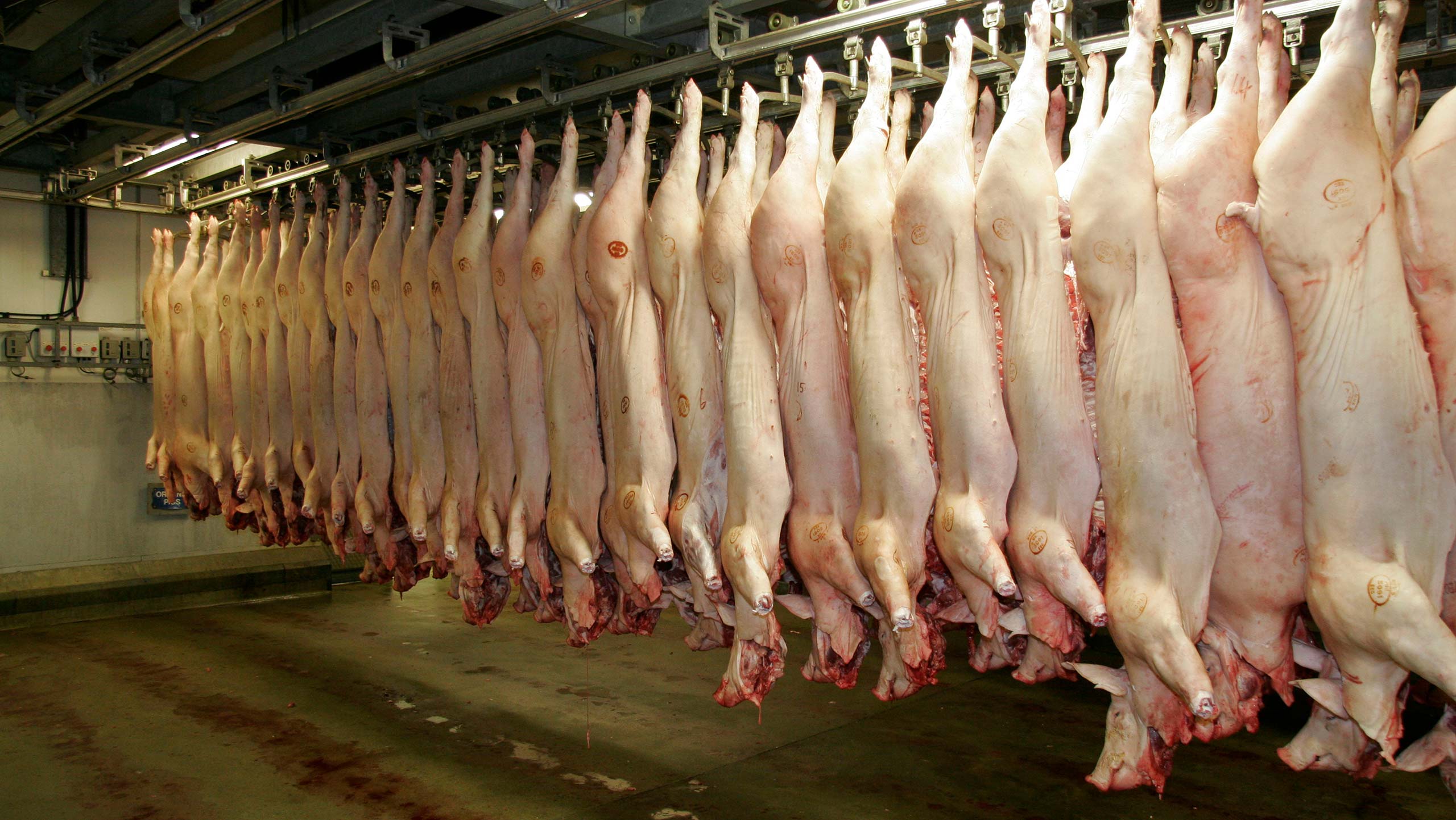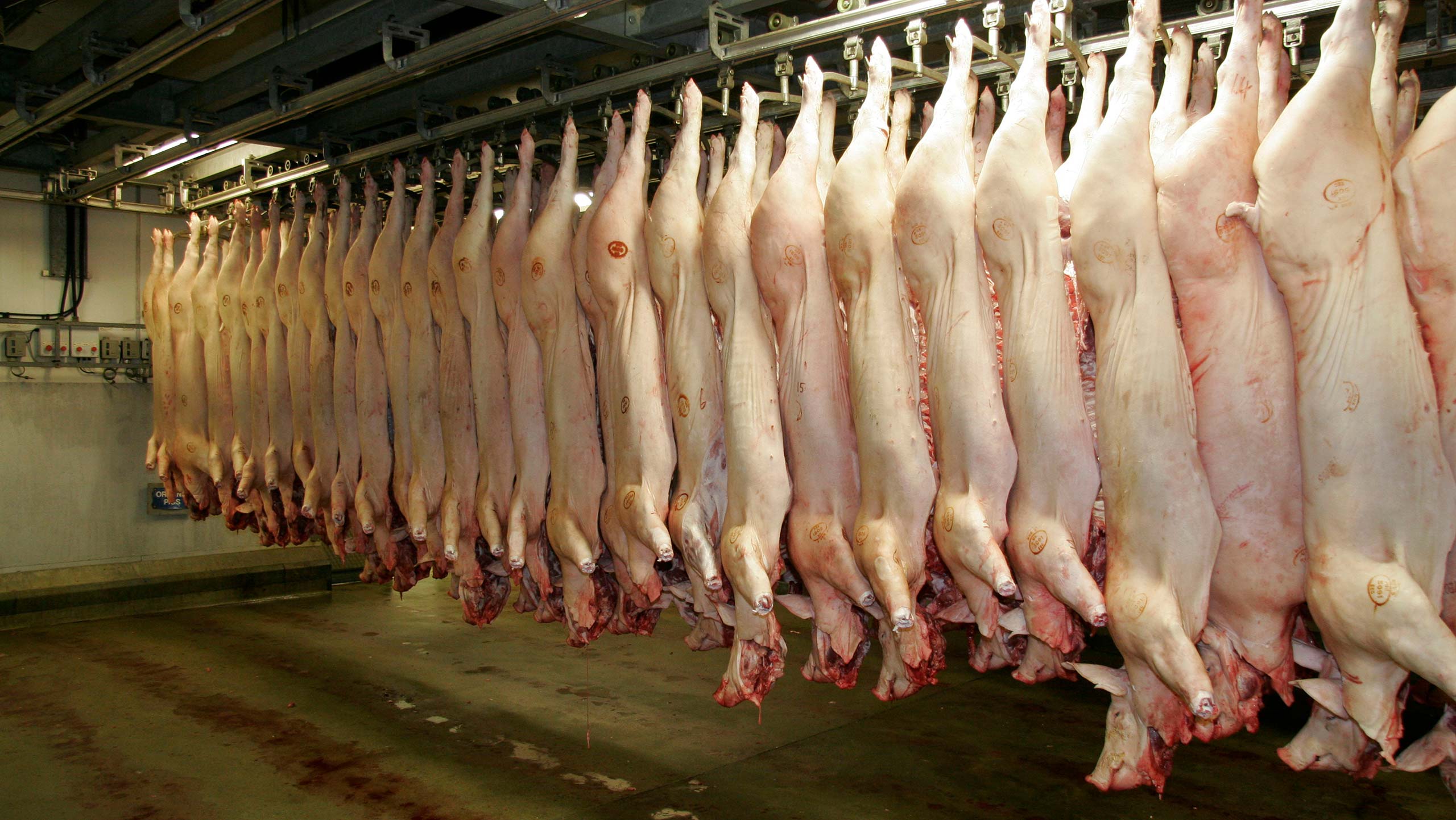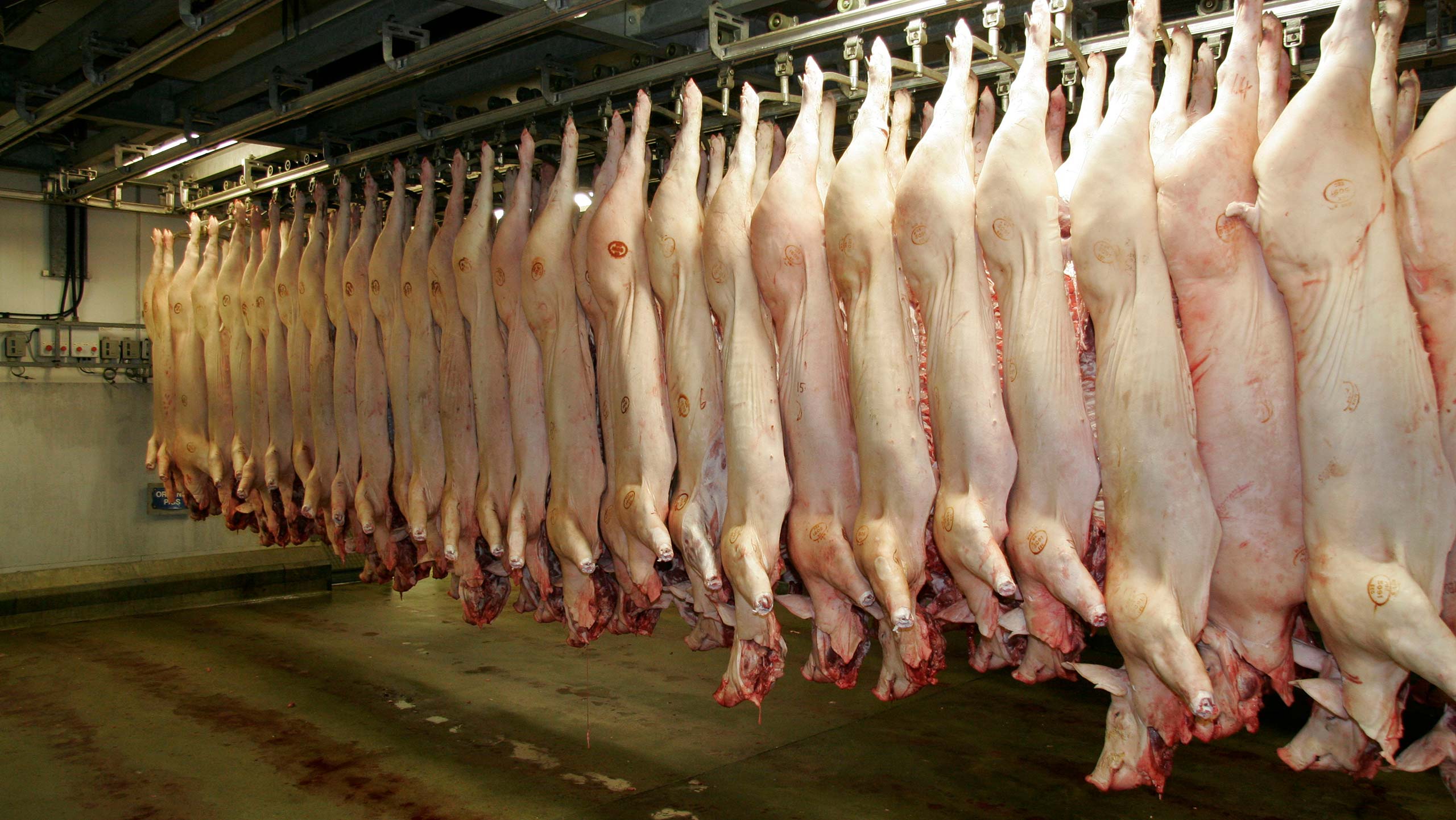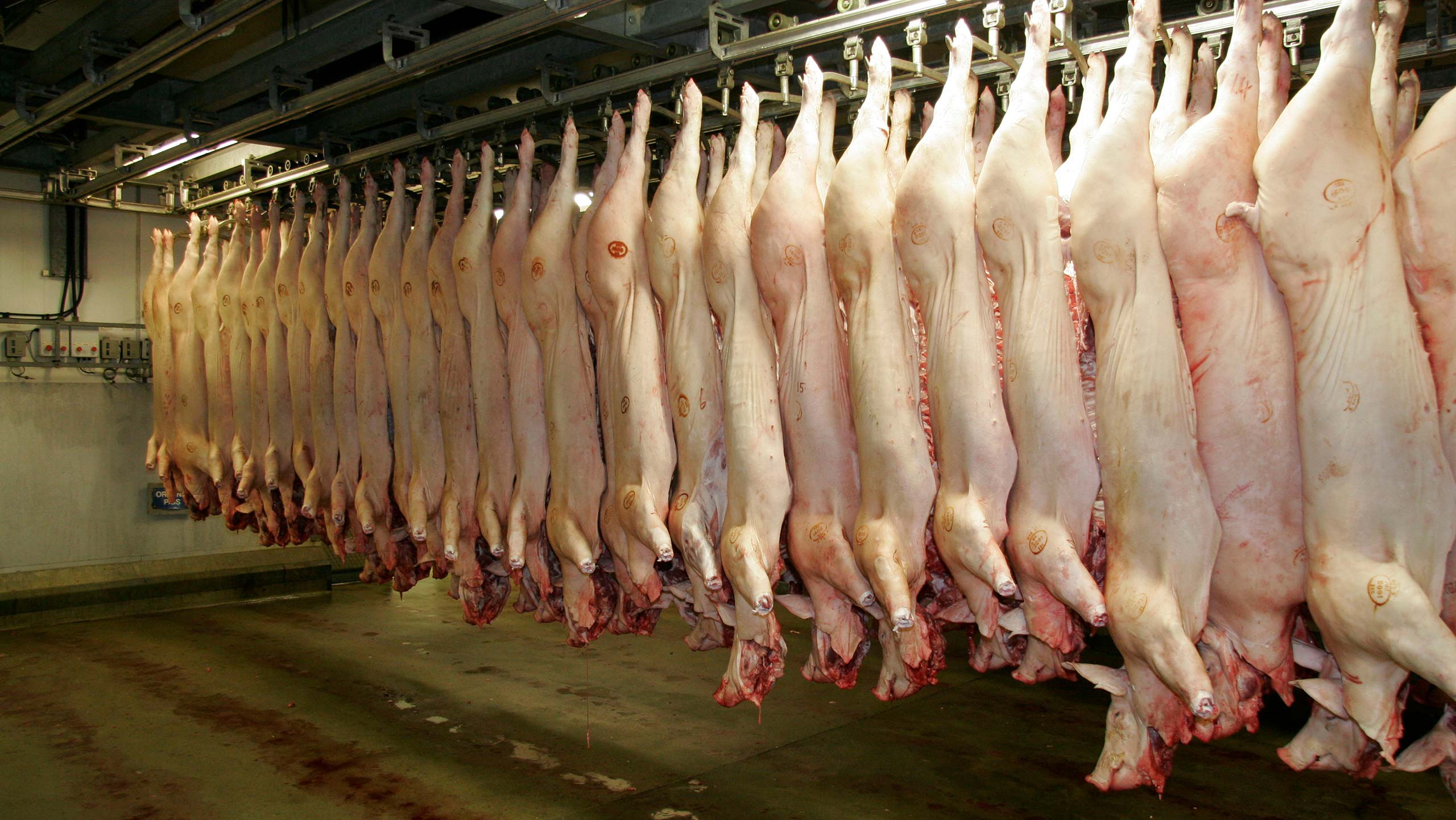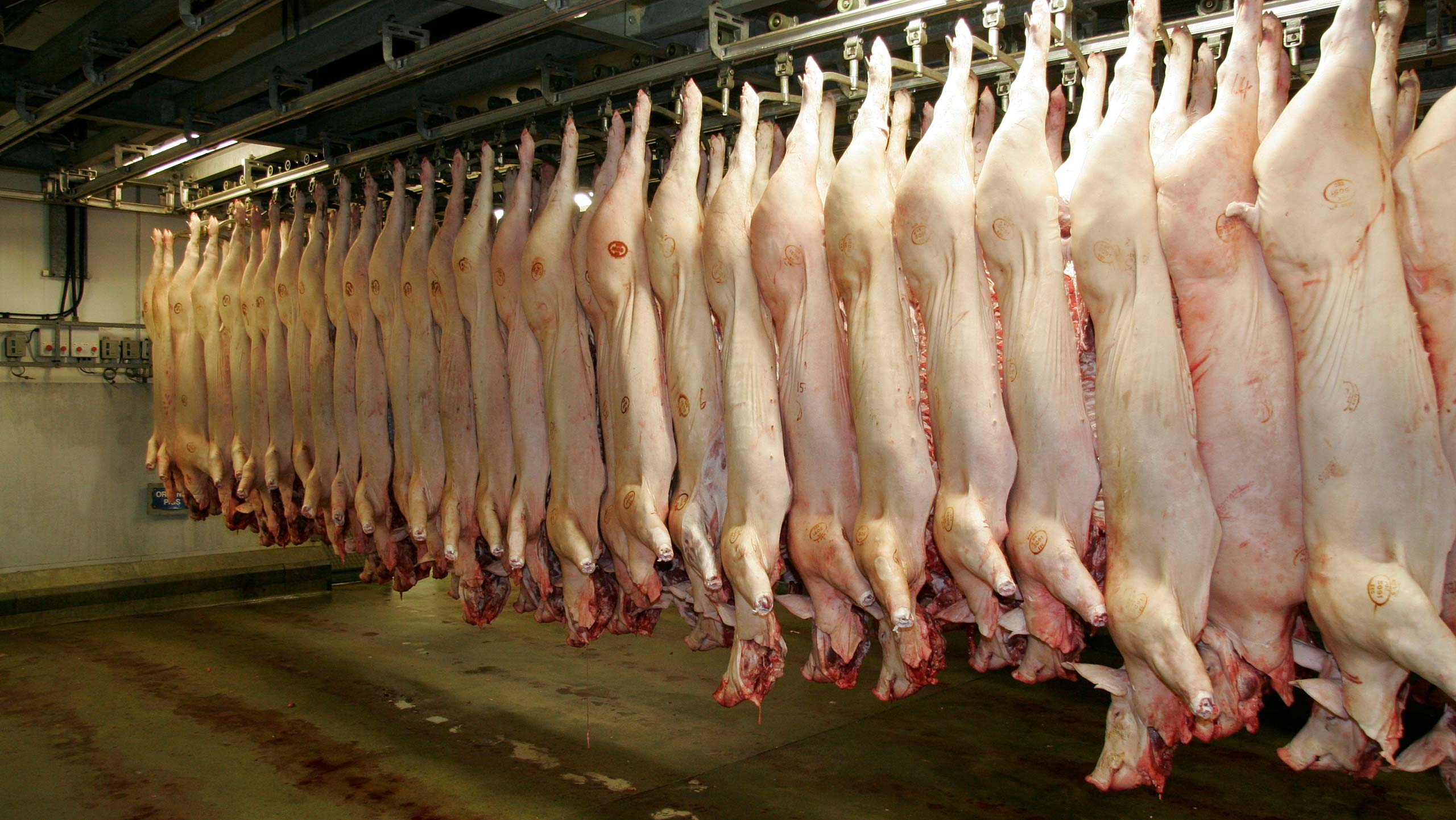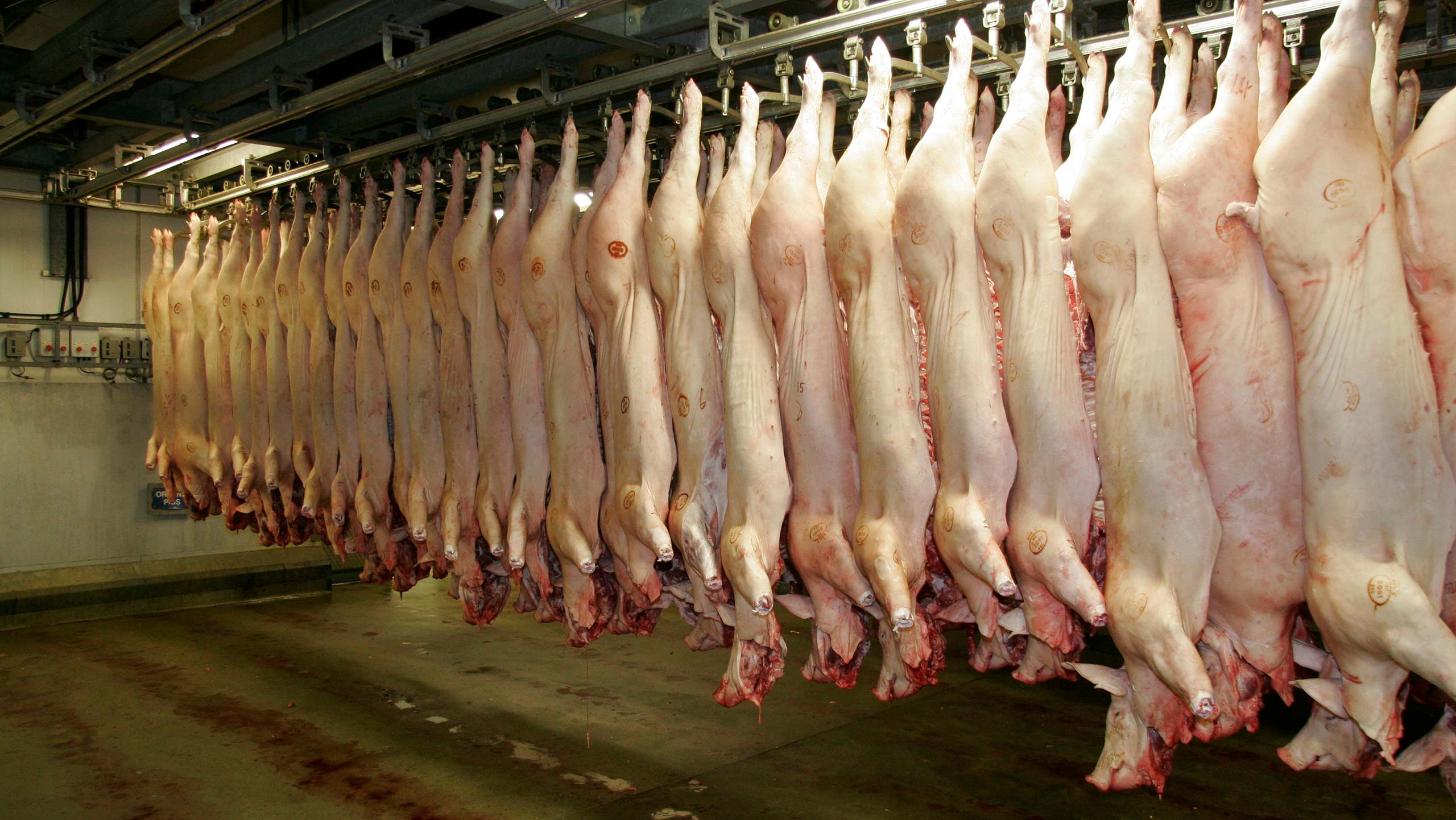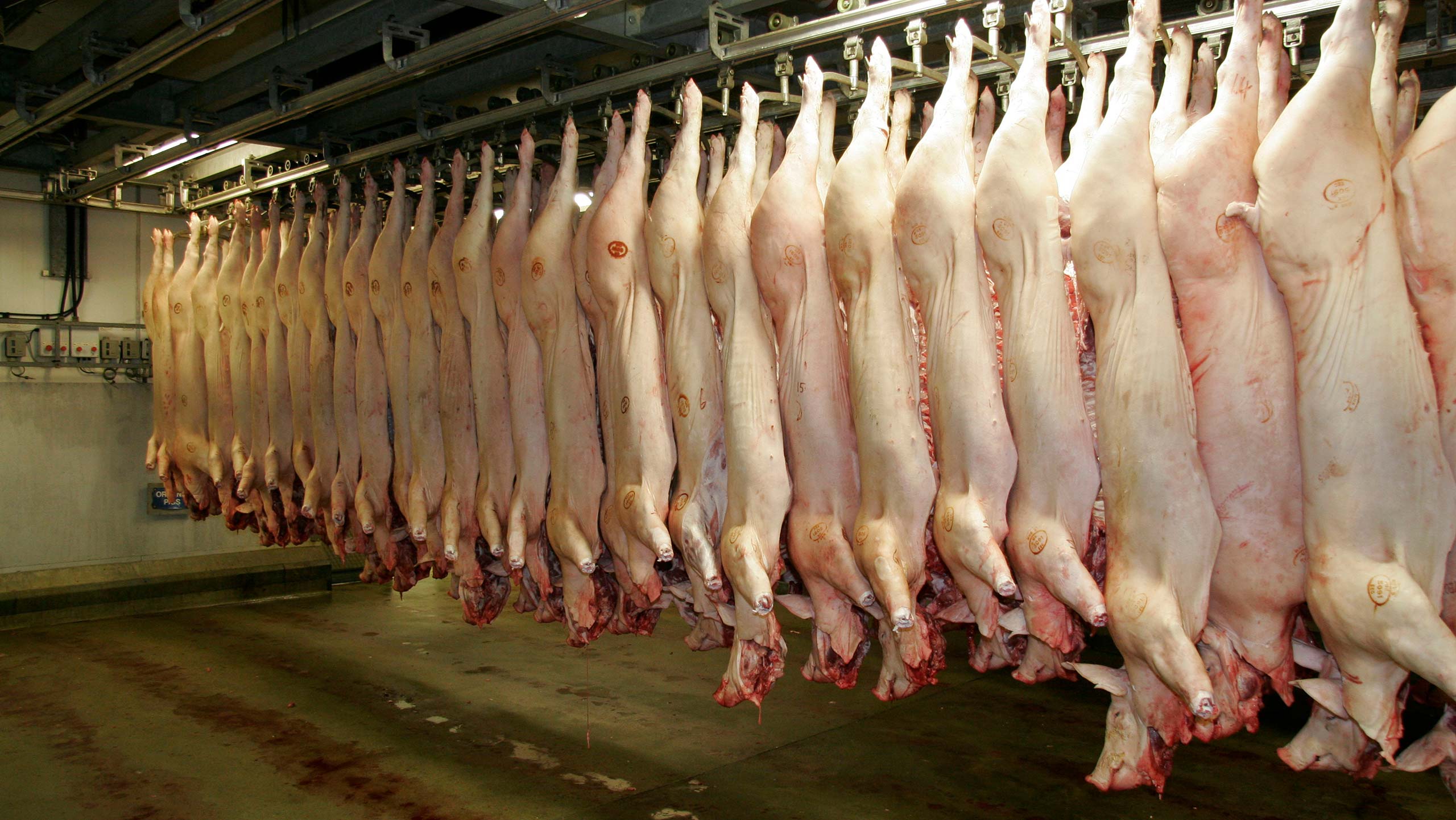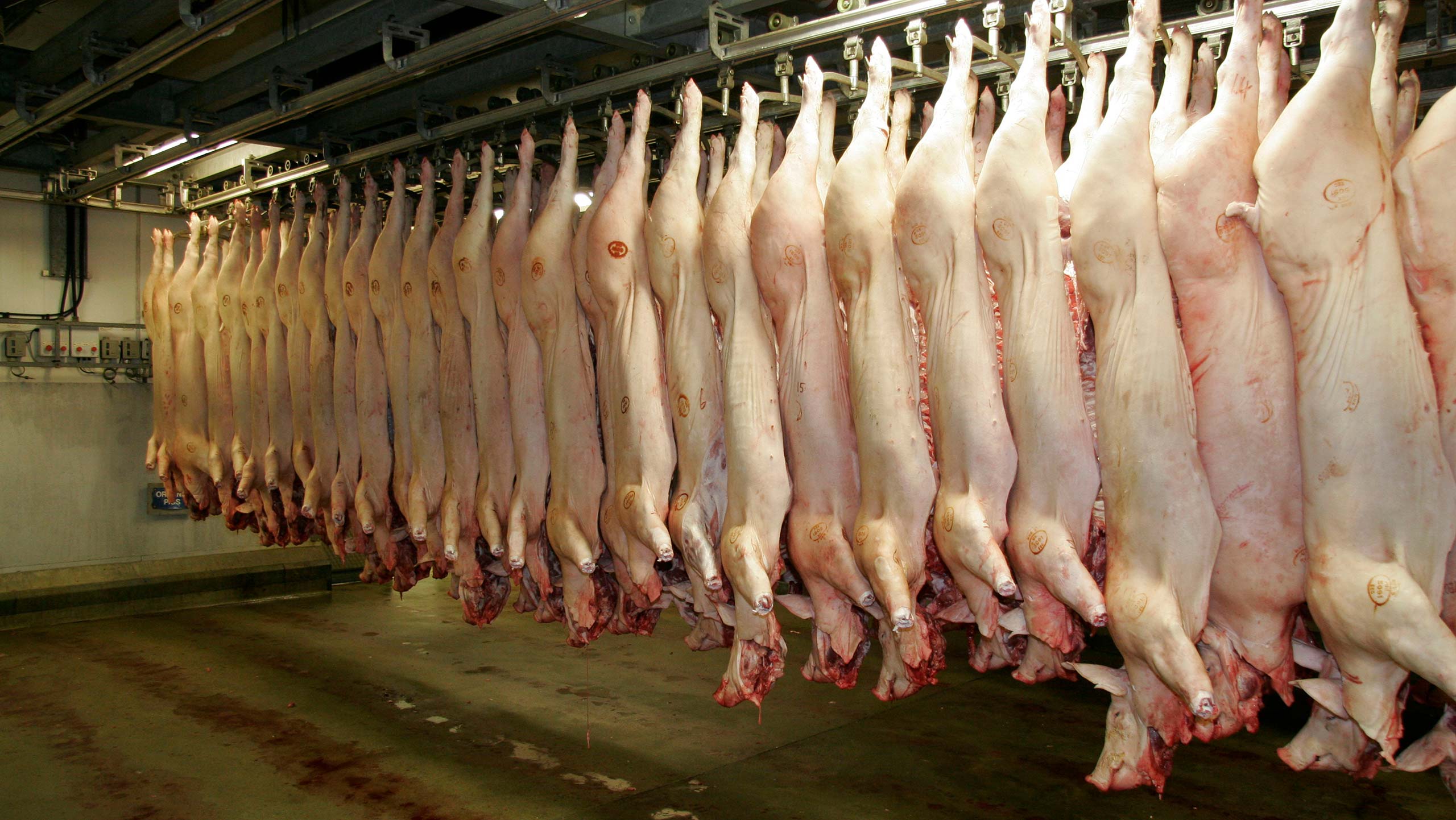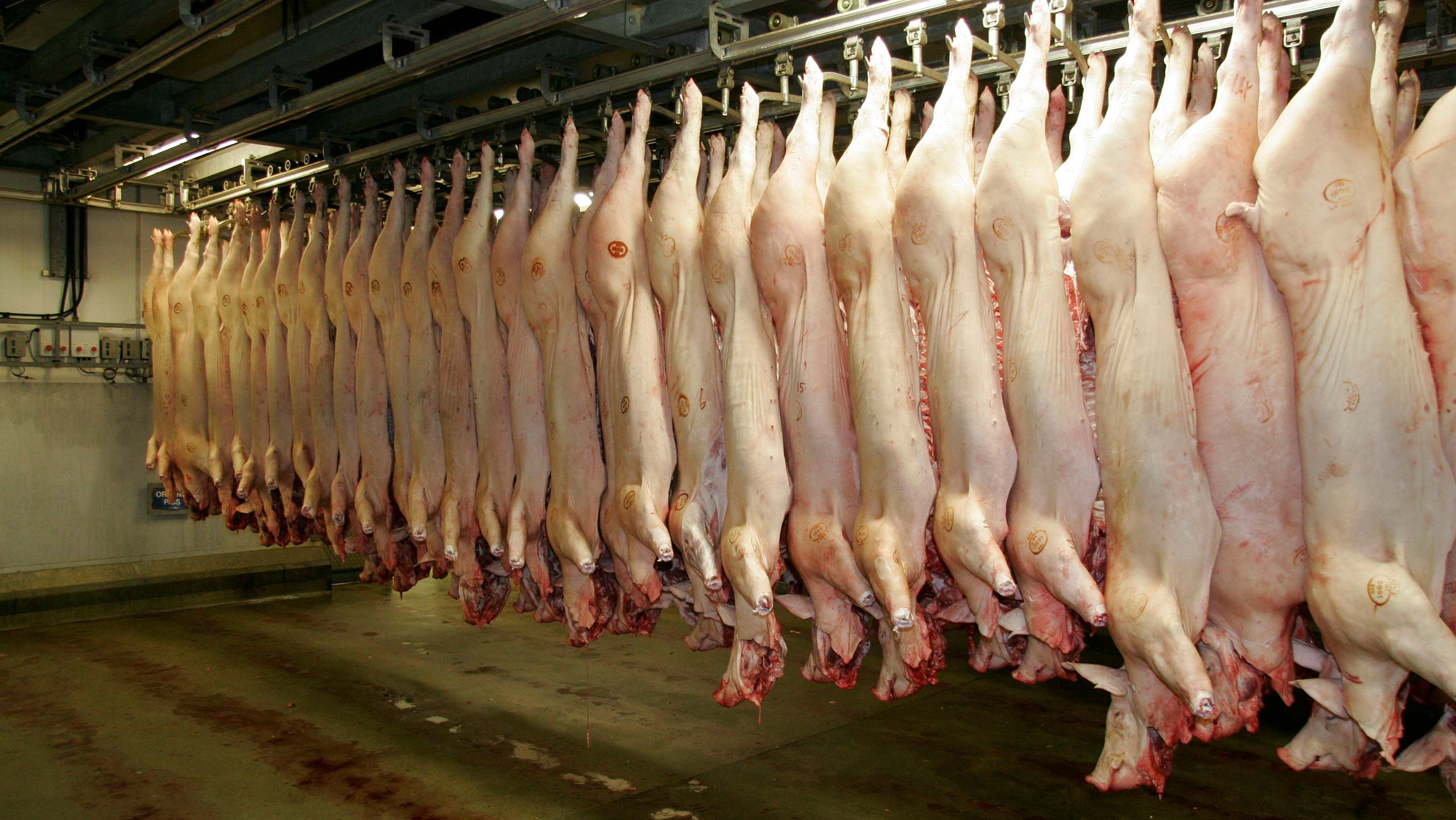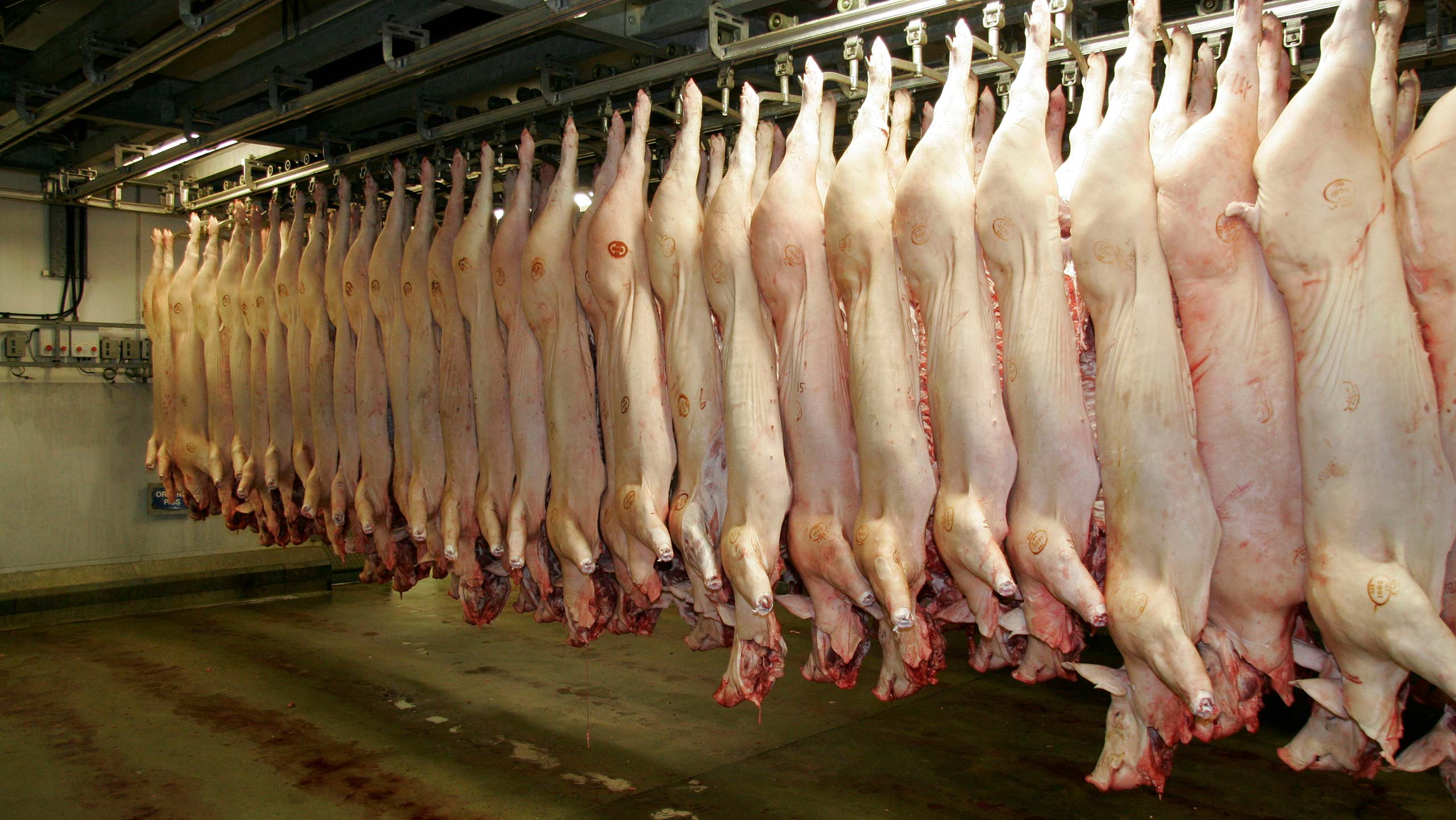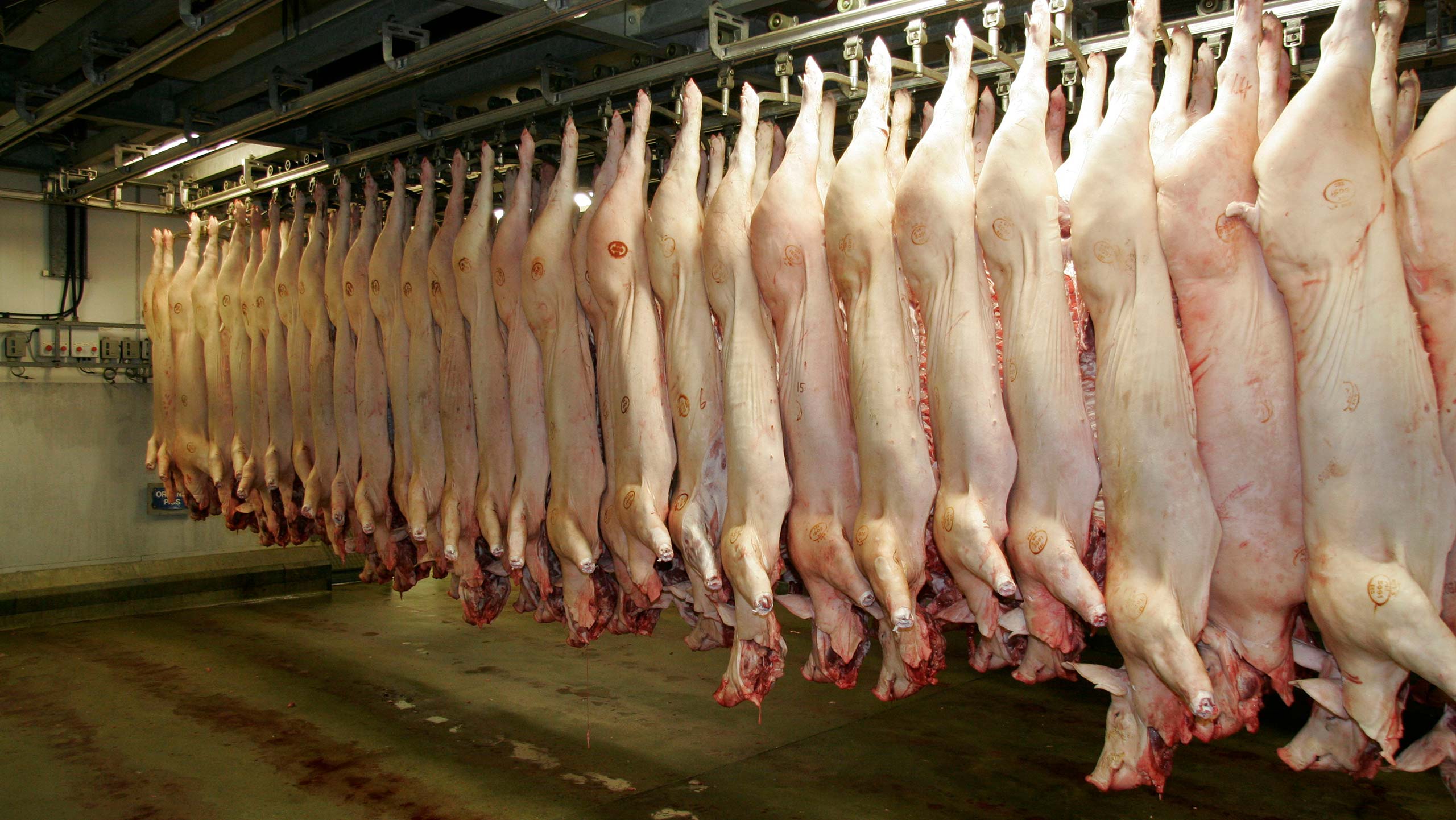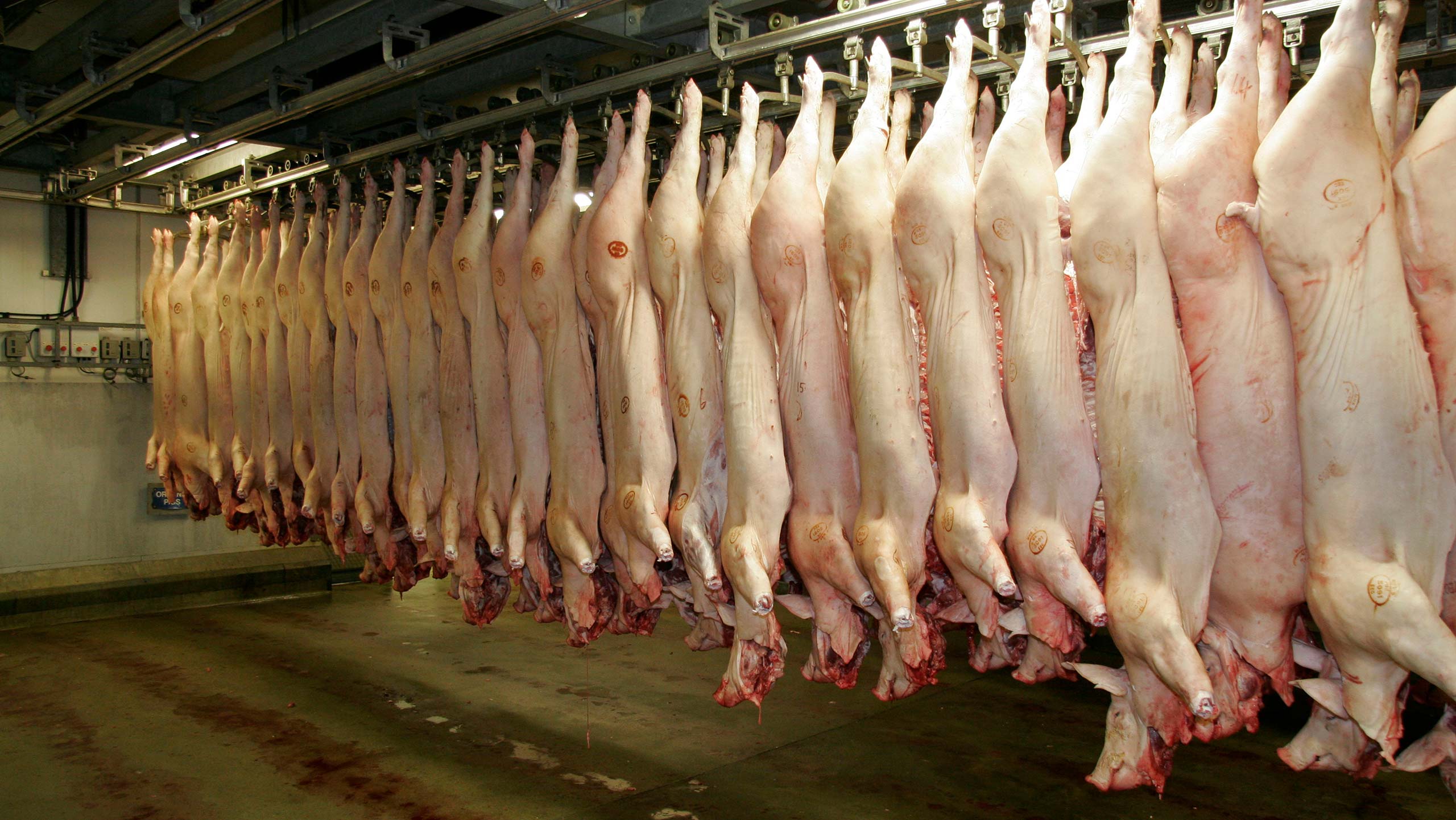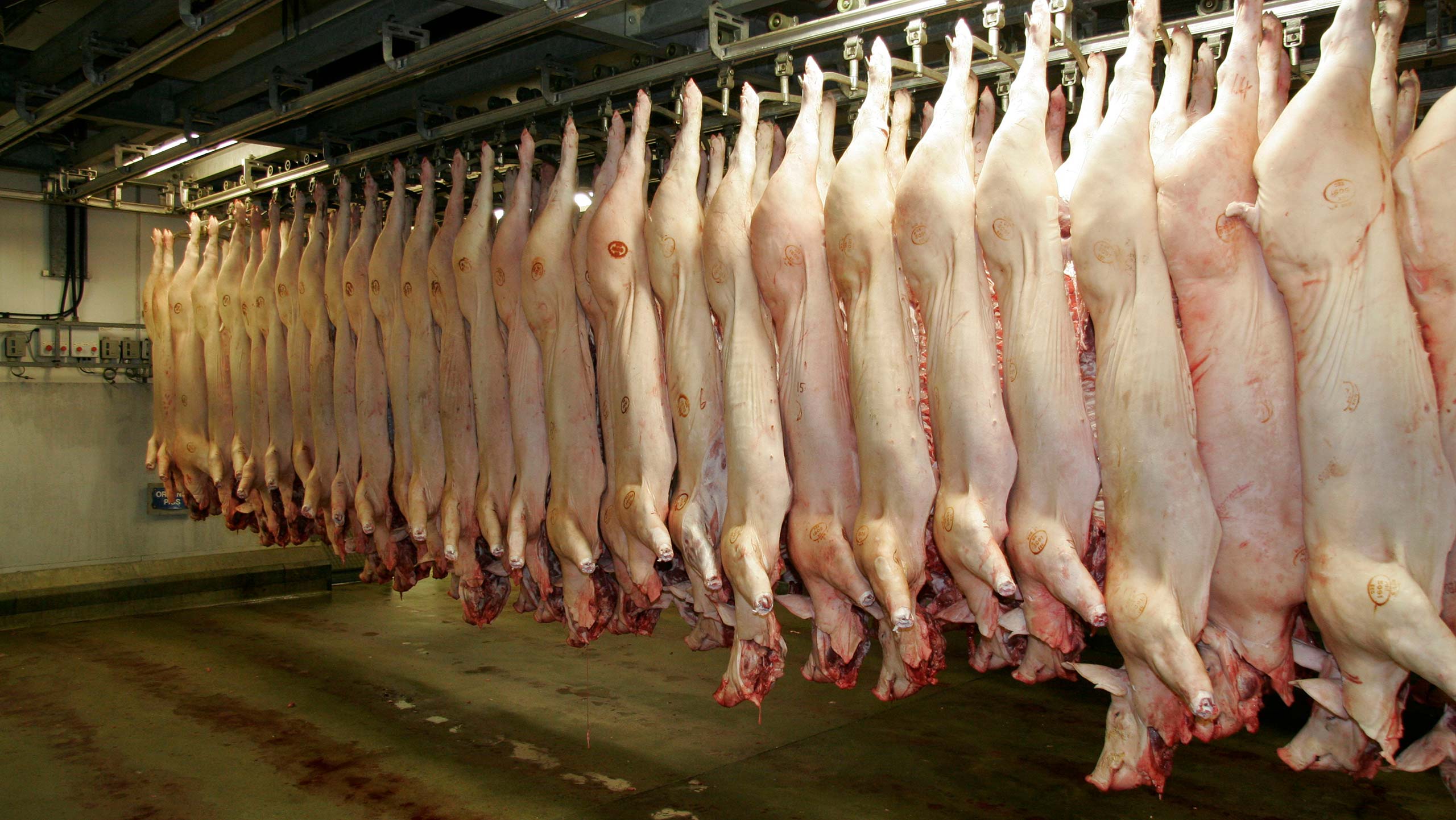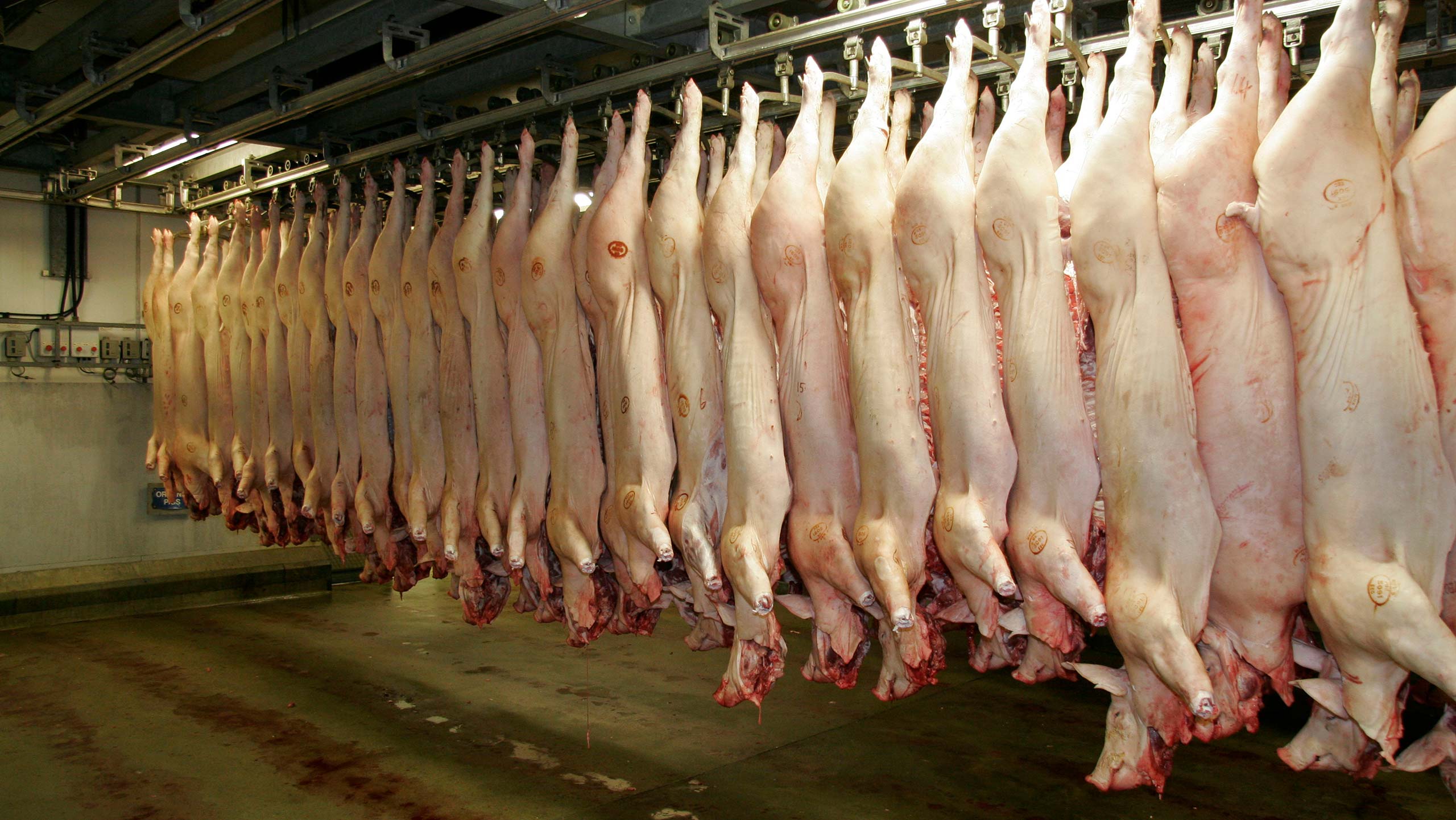When operating an abattoir, maintaining precise temperature control throughout your cold storage facilities isn't just about f…
Abattoir Traceability Insurance: Protecting Your Meat Processing Business from Supply Chain Risks
The meat processing industry operates under some of the strictest regulatory frameworks in the UK, with traceability requirements that can make or break a business overnight. For abattoir operators, maintaining comprehensive records from farm to fork isn't just good practice – it's a legal requirement that carries significant financial and reputational risks if compromised.
Understanding Abattoir Traceability Requirements
UK abattoirs must maintain detailed records covering every aspect of their operations, from livestock arrival to final product dispatch. This includes animal identification, health certificates, slaughter records, processing documentation, and distribution tracking. The Food Standards Agency (FSA) and Animal and Plant Health Agency (APHA) conduct regular inspections, with non-compliance potentially resulting in immediate closure, prosecution, and substantial financial penalties.
Key Traceability Risks Facing Abattoirs
Data Loss Threats
Data loss represents one of the most significant threats to abattoir operations. Whether caused by system failures, cyberattacks, or human error, losing traceability records can trigger immediate regulatory action. Fire damage to record storage areas, flooding affecting computer systems, or ransomware attacks on digital databases can all result in catastrophic data loss.
Supply Chain Contamination
Supply chain contamination incidents require rapid response and complete traceability. When food safety issues arise, abattoirs must quickly identify affected batches, trace distribution routes, and coordinate recalls. Without proper insurance coverage, these incidents can result in business closure, legal action, and compensation claims from affected customers.
Regulatory Compliance Failures
Regulatory compliance failures can occur even with robust systems in place. Changes in legislation, misinterpretation of requirements, or administrative errors can lead to non-compliance issues that require immediate rectification and may result in penalties or temporary closure.
Comprehensive Insurance Coverage for Traceability Risks
Professional Indemnity Insurance
Professional indemnity insurance provides essential protection against claims arising from traceability failures. This coverage protects abattoirs when errors in record-keeping, advice given to suppliers, or compliance failures result in financial losses for customers or regulatory penalties.
Cyber Insurance
Cyber insurance has become crucial for modern abattoirs relying on digital traceability systems. This coverage protects against data breaches, ransomware attacks, and system failures that could compromise traceability records. It includes costs for data recovery, system restoration, regulatory fines, and business interruption during system downtime.
Business Interruption Insurance
Business interruption insurance covers lost income when traceability issues force temporary closure. Whether due to regulatory suspension, system failures, or contamination incidents, this coverage ensures continued cash flow during periods when the abattoir cannot operate normally.
Legal Expenses Insurance
Legal expenses insurance provides vital support during regulatory investigations, prosecutions, or civil claims related to traceability failures. This coverage includes legal representation costs, expert witness fees, and court expenses that can quickly escalate during complex food safety cases.
Specialized Coverage Considerations
Product Recall Insurance
Product recall insurance becomes essential when traceability systems identify contaminated or mislabeled products in the supply chain. This coverage handles recall costs, including notification expenses, product retrieval, disposal costs, and lost product value.
Regulatory Defense Coverage
Regulatory defense coverage specifically addresses the unique compliance challenges facing abattoirs. This includes representation during FSA inspections, support for license applications or renewals, and defense against regulatory enforcement actions.
Data Recovery and System Restoration
Data recovery and system restoration coverage ensures rapid response when traceability systems fail. This includes emergency IT support, data reconstruction from backup systems, and temporary manual record-keeping systems while digital platforms are restored.
Risk Management Best Practices
Robust Backup Systems
Implementing robust backup systems for all traceability data ensures continuity during system failures. This includes both digital backups stored in multiple locations and secure physical record storage for critical documentation.
Staff Training Programs
Regular staff training on traceability requirements reduces the risk of human error in record-keeping. This includes understanding legal requirements, proper use of tracking systems, and emergency procedures when systems fail.
Supplier Verification
Supplier verification programs ensure incoming livestock meet traceability standards before entering the facility. This includes checking documentation, verifying animal identification, and maintaining clear records of all suppliers.
Choosing the Right Insurance Provider
Selecting an insurance provider with specific experience in meat processing and food industry regulations ensures comprehensive coverage tailored to abattoir operations. Look for insurers who understand FSA requirements, APHA compliance standards, and the unique operational challenges facing meat processors.
Coverage should include both traditional risks like fire and theft, and modern challenges such as cyber threats and regulatory changes. The policy should provide adequate limits for business interruption, legal defense, and potential recall costs.
Claims handling expertise in food industry matters ensures rapid response when incidents occur. Your insurer should have established relationships with specialist legal advisors, IT recovery experts, and regulatory compliance consultants.
Cost Factors and Premium Considerations
Insurance premiums for abattoir traceability coverage depend on several factors including facility size, processing volume, existing risk management systems, and claims history. Larger facilities with higher throughput typically face higher premiums due to increased exposure.
Implementing robust traceability systems, maintaining clean inspection records, and demonstrating strong compliance procedures can help reduce premium costs. Regular risk assessments and proactive system updates show insurers your commitment to minimizing exposure.
The Business Case for Comprehensive Coverage
The cost of comprehensive traceability insurance represents a fraction of potential losses from regulatory action, product recalls, or business closure. A single contamination incident or data loss event can result in losses far exceeding annual insurance premiums.
Beyond financial protection, proper insurance coverage provides peace of mind that allows abattoir operators to focus on their core business rather than worrying about potential regulatory or traceability issues.
Conclusion
Abattoir traceability insurance provides essential protection for meat processing businesses operating in an increasingly complex regulatory environment. From cyber threats to contamination incidents, the risks facing modern abattoirs require specialized insurance solutions that understand the unique challenges of maintaining farm-to-fork traceability.
Investing in comprehensive coverage protects not only your business assets but also your reputation and ability to continue serving customers in the competitive meat processing market. Contact Insure24 today to discuss your abattoir's specific traceability insurance needs and ensure your business is properly protected against the full range of operational risks.


 0330 127 2333
0330 127 2333
